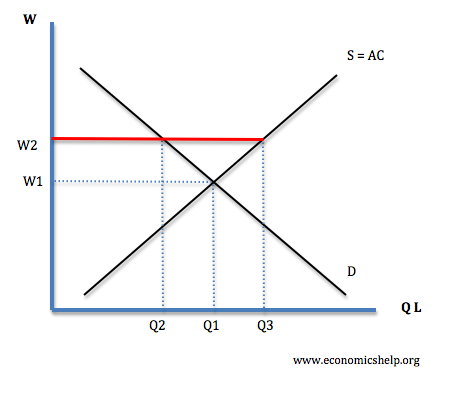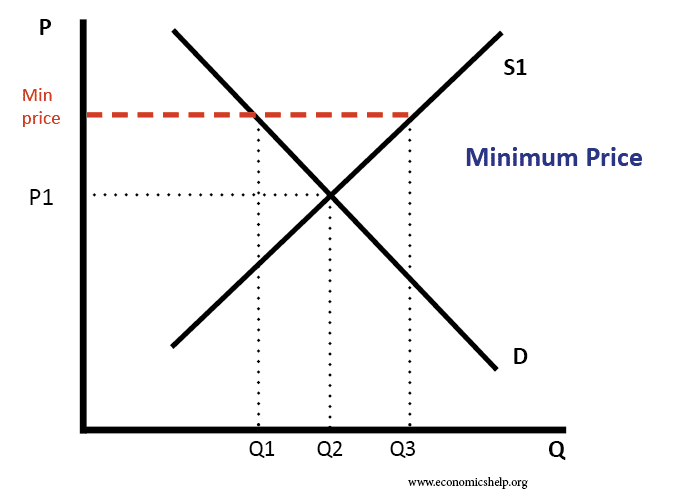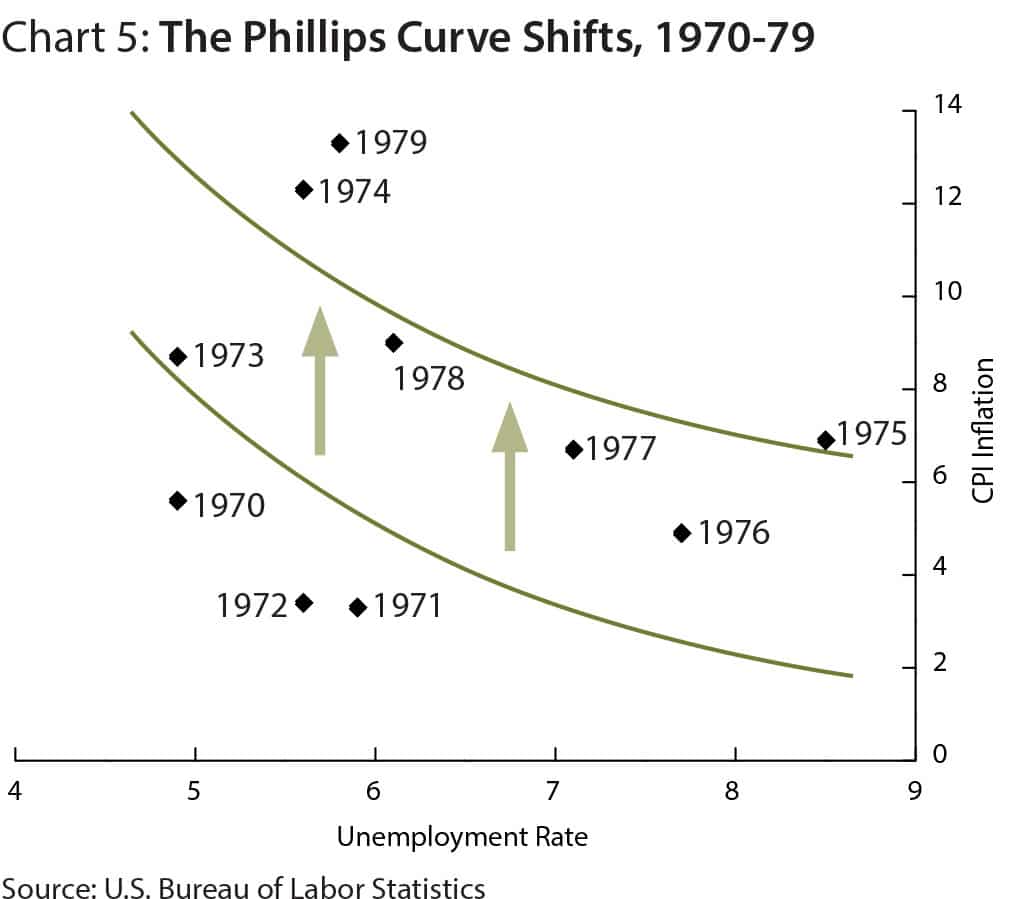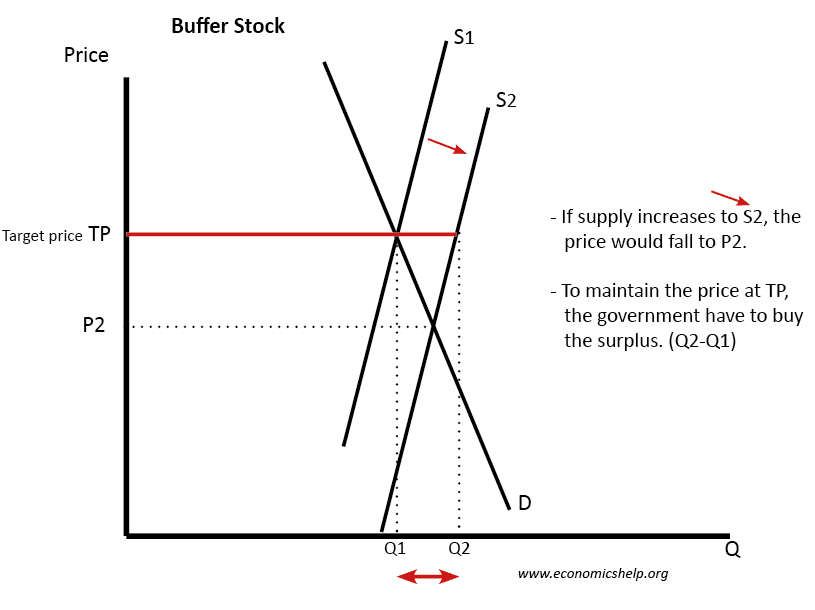State Intervention and Market Failure
Readers Question: State intervention is necessary to maximize social welfare but intervention often comes at a heavy price. So why not rely on the market system to tackle the problem? It is one of the great debates of economics – How much should the government intervene in the economy. Firstly we have to consider occasions …




